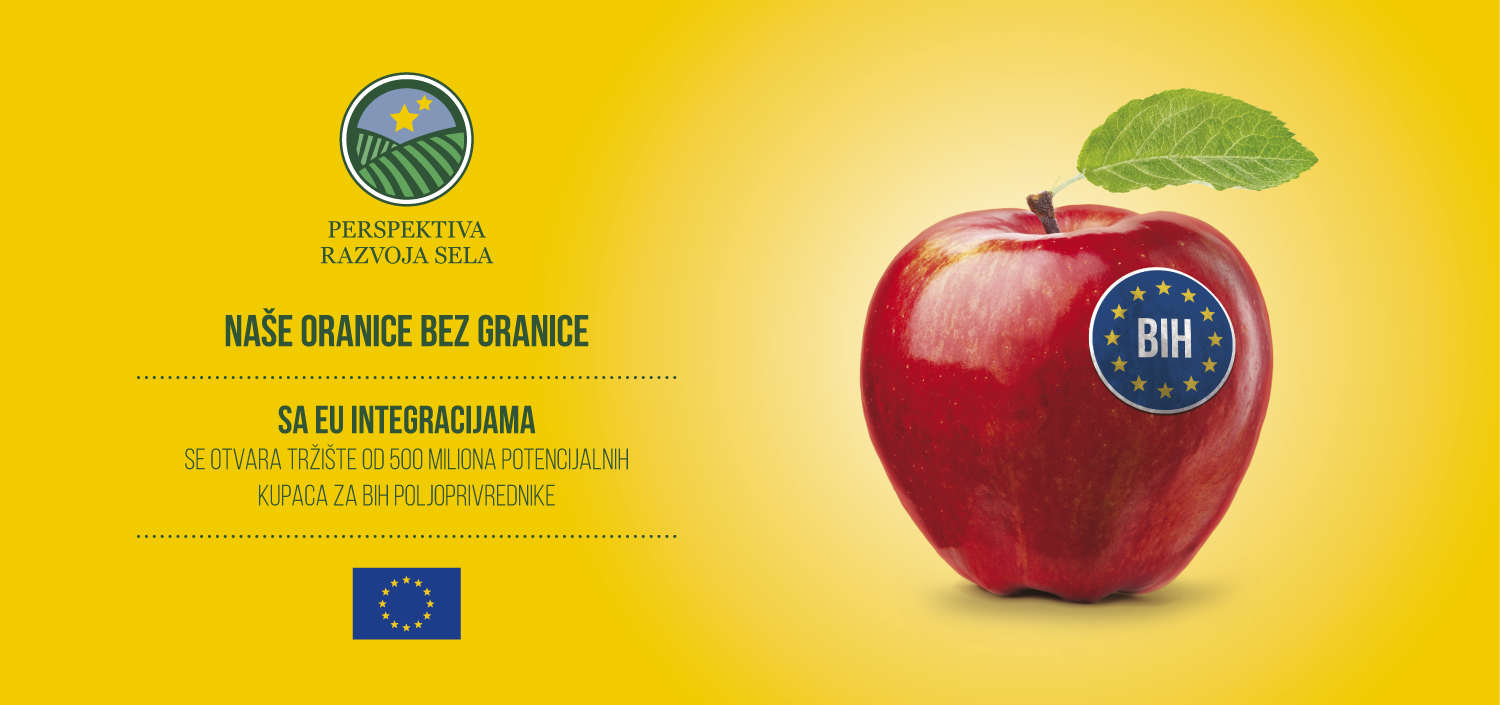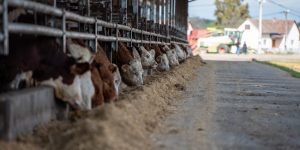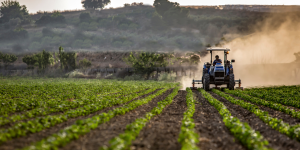Perspectives of development of BiH agriculture in the process of EU integrations and support to farmers are the topics of a Project of the Office of Special Representative of the European Union in Bosnia and Herzegovina (EUSR). Under this project, forums with farmers were held all over the country with participation, in addition to the EU representatives, of domestic, regional and international experts in agriculture and rural development.
Host of the forums was the Head of the EU Delegation to BiH and EU Special Representative, Ambassador Lars-Gunnar Wigemark, who was joined by representatives of other countries to BiH, like Ambassador of the Great Britain Edward Ferguson, Ambassador of FR Germany Christiane Hohmann, Ambassador of Republic of Croatia Ivan Del Vechio, Ambassador of the Netherlands Jurriaa Kraak and Ambassador of Poland, Andrzej Krawczyk.
The EU Ambassador Wigemark stressed that the European Union would continue to help BiH in the process of meeting European standards; however, national authorities have to do their part, particularly regarding adoption of a strategy for agriculture and rural development for the whole country, which would allow access to the EU funds.
“With the entry into force of the adapted Stabilization and Accession Agreement on the 1st of February 2017, trade benefits have been re-introduced for producers from Bosnia and Herzegovina (so-called “Autonomous Trade Measures”) with respect to certain agricultural products, including fruits and vegetables”, said Ambassador Wigemark.
The attendance in the forums was extraordinary, farmers were eager to receive information on challenges and opportunities that the EU integration process brings along. In the words of Aleksandar Milanovic, engineer of agriculture and one of the Project experts, farmers were mostly interested to learn what the EU specifically offers.
“EU accession is an opportunity for development of BiH agriculture that our farmers need to use in order to modernize their production and be ready for membership of Bosnia and Herzegovina in the European Union.”, underlines Milanovic.
In the coming period, the greatest responsibility will lie on the dairy sector, which must be supported by government institutions, believes Director of the “Meggle” dairy, Kemal Hrnjic. “Institutions must support dairy producers and amend the legislation, but the farmers too have to work to improve quality of their milk and their productivity. We don’t have to think about what will happen once we join the EU as that will take a while; instead, we should make best use of the pre-accession period during which we can make significant progress”, underlines Hrnjic.
The problem of low productivity and insufficient application of knowledge, know-how and technologies in agricultural production are the result of low level of readiness of the BiH farmers. For this reason, during the forums the farmers were offered opportunity to receive advice from experts in agriculture and rural development on how to better organize their production, how to connect to each other and on other specific issues.
Myths of EU integrations
Regional expert Ruzica Gelo, who used to be negotiator for agriculture and food safety sector on behalf of Croatia in the process of their EU integration, says that after the entry into force of the adapted SAA no major changes would take place because the trade among countries in the region always remains predominant.
“I rather speak about export opportunities than about import barriers”, said Gelo making reference to three myths that accompany EU integrations, which proved to be untrue in the case of Croatia.
“First myth was that there would be no more traditional pig slaughtering – but this had not happened, only the method of how the animal should be killed has changed. The second myth was that there would be no rakia making (moonshining), which is also not true; it’s just that now production needs to be registered if the rakia is intended for sale. The last myth says that there would be no more cheese and milk cream on market – what in fact happened was that refrigerators were installed on markets”, she said.
These are only some of examples of how the BiH agricultural production, processing and sale of products need to be standardized and organized in order to meet the EU food safety requirements, which is not only in the interest of the EU consumers, but also in the interest of consumers from BiH.




